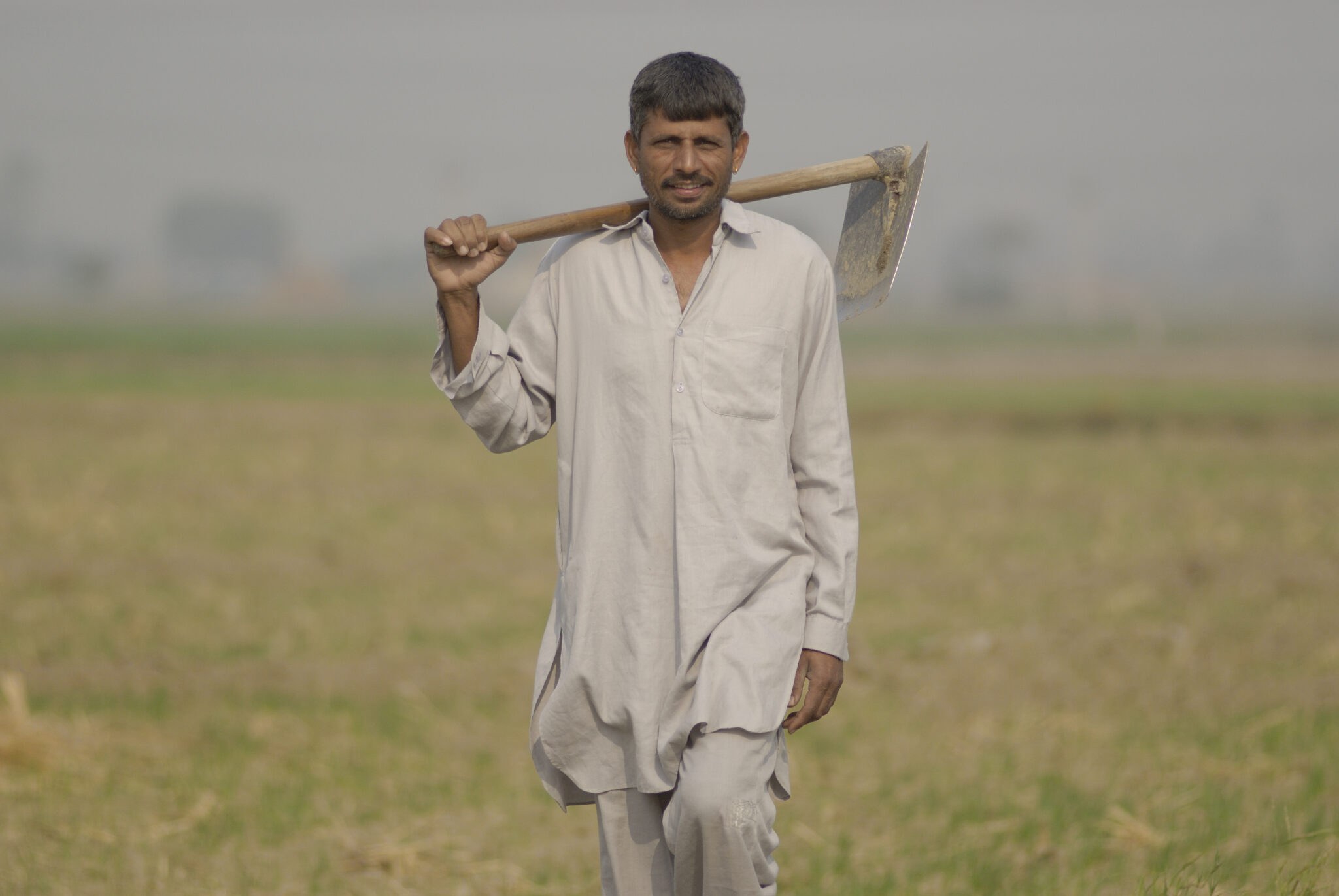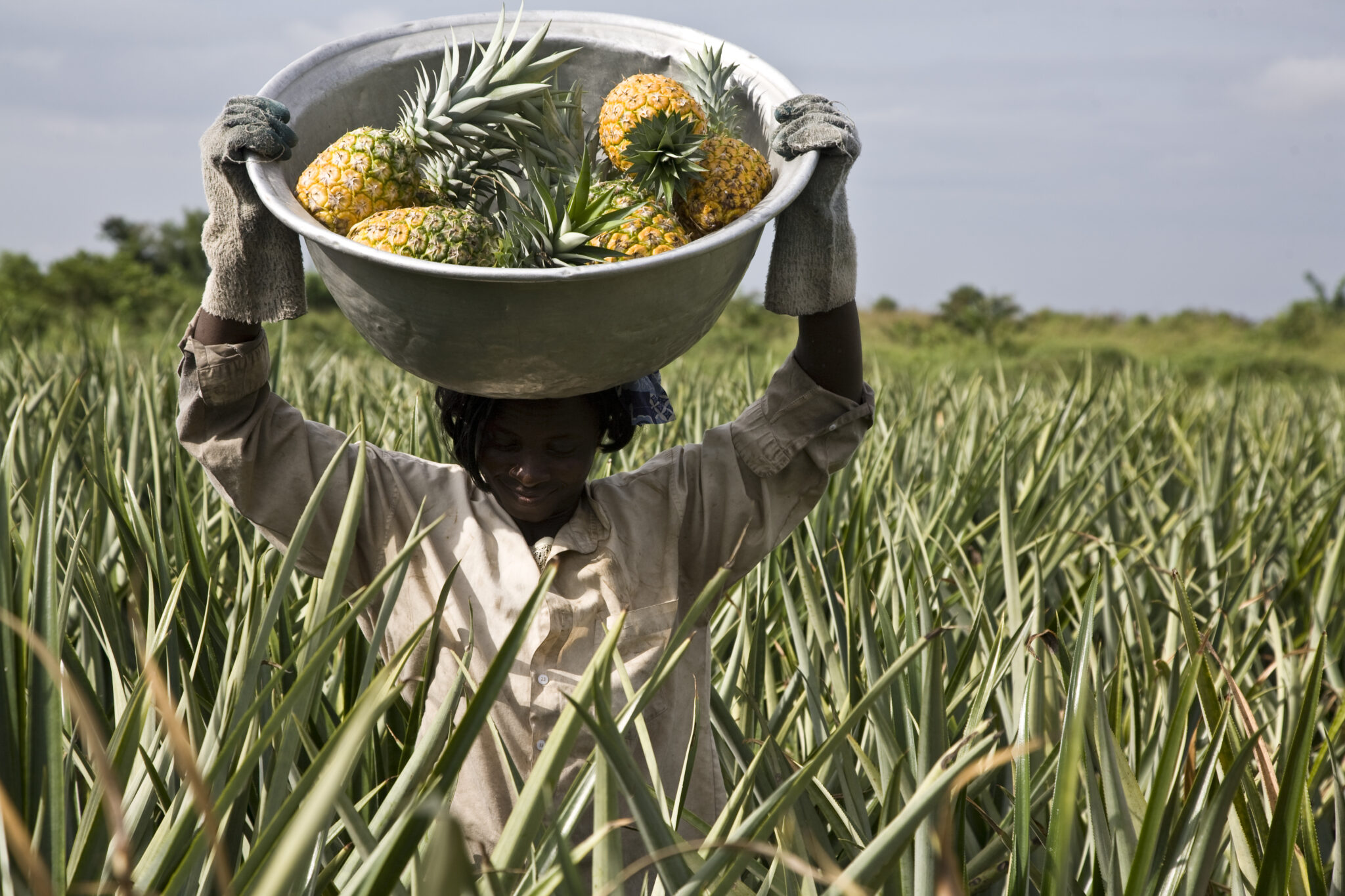Why purchasing practices must be a part of upcoming due diligence legislation
by the Fair Trade Advocacy Office (FTAO) & Coordinadora Latinoamericana y del Caribe de Pequeños Productores y Trabajadores de Comercio Justo (CLAC)
International trade has the potential to stimulate significant economic development and contribute to poverty reduction. However, trade left unregulated has massive potential for destruction – exacerbating inequalities, causing human rights violations, and environmental destruction. Legislation on mandatory human rights and environmental due diligence (HREDD) will be a crucial tool in ensuring that companies address the risks that their production poses to people and the environment.
HREDD could create legal certainty and a level playing field for all – pioneering companies that already implement robust human rights due diligence would no longer be at a competitive disadvantage. Yet the form that HREDD takes is crucial and its effectiveness depends on its design.

Bhadur Singh, rice farmer. Copyright: Didier Gentilhomme
As stated in the General Principles of the United Nations Guiding Principles on Business and Human Rights (UNGPs), the framework should be implemented ‘with particular attention to the rights and needs of, as well as the challenges faced by, individuals or populations that may be at heightened risk of becoming vulnerable or marginalised’ such as children, disadvantaged groups, migrant and seasonal workers, always including the perspective of women and girls.
To be effective and have a real positive impact on the most vulnerable people in the supply chains, the upcoming EU legislation will need to ensure that companies assess the impacts of their purchasing practices, and ensure that these do not represent an obstacle for their suppliers to respect human rights and the environment. Addressing purchasing practices is an effective approach, as companies have direct control over their own purchasing practices on the one hand and on the other, they are one of the key tools for companies to exercise their leverage over suppliers and partners.
1. Why purchasing practices are important
In many instances, the root cause of human rights violations at factory or producer level is poverty, unequal power relations in the supply chain and lack of economic alternatives. A survey conducted by the ILO in 2017 found that more than a third of producers accepted orders worth less than the cost of production (see also ETI Guide, p.8). Factory owners and producers operate on thin margins and sometimes with very limited resources, making it more difficult for them to comply with international labour standards and to provide sustainable protection or remediation to affected workers.
This lack of resources is exacerbated by strong competition and price pressure. In a competitive market economy, all actors are under pressure to reduce their costs. Without legislation setting up a level playing field, this pressure disproportionately affects upstream actors, resulting in an extremely unequal distribution of income along the supply chain. Huge concentrations of power at buyer level have long resulted in buyers unilaterally imposing asymmetric terms and conditions which demand that suppliers provide goods at very low cost, with frequent order changes and/or with very short lead times, poor payment terms and without long-term purchasing commitments.[1] Unfair purchasing practices, while not absolving supply chain actors from their own responsibility to respect human rights and the environment, lead to human rights violations as they burden and disable suppliers, factories and small farmers, meaning they cannot earn a living income, pay their workers and employees a living wage, or ensure worker safety and environmental protection. For example, a connection has been found between the low prices in coffee and sugar and increased debt bondage, forced overtime and illegal wage deduction; as well as between lower prices in garment and electronics and increases in labour violations. Conversely, the survey provided ‘conclusive evidence’ of a correlation between good purchasing practices and an increase in hourly wages.

Volta River Outgrowers Cooperative Society, Ghana. Copyright: Nathalie Bertrams
2. Existing HRDD frameworks fall short when it comes to purchasing practices
Currently, producers face the challenge that companies tend to blame and shame the individual farmer or producer organization when human rights violations are identified; collaboration and co-investment in prevention, mitigation and remediation rarely happen on a voluntary basis.[2] Similar constraints are faced by factories and suppliers.
The research report “Making human rights due diligence frameworks work for small farmers and workers,” produced by University of Greenwich with support from Brot für die Welt and the Fair Trade Advocacy Office, identified the following shortcomings of existing voluntary HRDD schemes:
- Voluntary HREDD schemes often become a tick-box exercise where the focus is on reporting rather than on taking action to address human rights violations
- They tend to focus on those human rights violations that are the easiest to address, while neglecting more complex issues – child labour, living wages and incomes, and migrant labour, among others.
- There is a risk in certain contexts that when companies discover human rights violations in their supply chains, they “cut and run” to “less risky” suppliers or countries rather than working with their suppliers to address them, let alone support remediation.
- In many cases, companies tend to pass on the responsibility to comply with human rights and the environment, without changing their own practices[3].
The urgently needed mandatory HREDD framework shall reverse these trends by leading companies to bring about effective change in the way they trade. They need to be held responsible for ensuring that they provide adequate purchasing conditions and prices to their suppliers so that they are better able to ensure respect for human rights within their operations.
3. HREDD legislation must explicitly address purchasing practices
A truly effective HREDD legislation should address purchasing practices at all steps in the HREDD process. Risk assessments should identify potential exploitative buying practices in the supply chain. As part of the obligation to cease, prevent and mitigate, companies would need to amend purchasing practices throughout the procurement cycle: from the early stages – sourcing and product development – to their interactions with suppliers – price negotiations, confirmation of technical standards, contractual terms, payment terms and lead times. Finally, companies should develop new mandates for purchasing teams which allow them to balance price and ethical considerations. Suppliers and workers, in turn should be enabled to seek effective redress when buyers blatantly engage in unfair trading practices.
This needs to be explicitly mentioned in the law or in mandatory implementation guidelines, to avoid narrow interpretation of the HRDD process. In addition, the HREDD legislation should be complemented by an EU instrument addressing Unfair Trading Practices across the economy, similar to the existing directive on unfair trading practices in business-to-business relationships in the agricultural and food supply chain[4].
Conclusion
The future EU corporate responsibility framework should ensure the root causes of human rights and environmental violations are addressed, leading to real shift in companies’ practices and bringing about positive change on the ground, for small farmers and workers. For that, it needs to:
- Address root causes, such as poverty, lack of living incomes and lack of resources;
- Explicitly cover purchasing practices as a key factor affecting human rights risks, recognising that unfair and exploitative practices will often lead to human rights abuses. Implementation guidelines should include reference to the importance of maintaining long-term sourcing relationships with suppliers;
- Require companies to make sure that the price they pay to their suppliers, and ultimately to producers, enables them to produce with respect for human rights and the environment, pay living wages to workers, and, for small farmers, to earn a living income;
- Recognise the complexity of addressing human rights violations when they are linked to structural economic, social and cultural contexts, and the need for companies to support their suppliers in respecting human rights, as part of a continuous improvement approach rather than simply disengaging.
In this way, we can work towards shifting from a race to the bottom, to a race to the top towards responsible business conduct and contribution to the SDGs.
[1] A survey by ILO in 2017 identified three common purchasing practices that adversely influence working conditions and wages (86)
- Setting low prices (more than a third of the companies accepting orders that were ultimately below the costs of production)
- Short lead times for orders (suppliers push workers to work overtime, hire casual labour, outsource production (usually unofficial productions sites) to meet deadlines)
- Lack of secure contracts
[2] As reported by numerous members of the CLAC
[3] A survey by ETI found that 48% of suppliers get no support from their buyers at all and more than 80% of suppliers asked, reported that less than 10% of their buyers reward them for making improvements to fulfil the code of conduct, ETI Guide, p. 7
[4] Directive (EU) 2019/633 on unfair trading practices in business-to-business relationships in the agricultural and food supply chain
There is an opportunity to broaden the EU Directive on Unfair Trading practices in the agricultural sector to include other sectors where such practices are equally or even more present as for example the clothing and footwear sector. Additionally, the UTP directive should address the issue of downward price pressure.